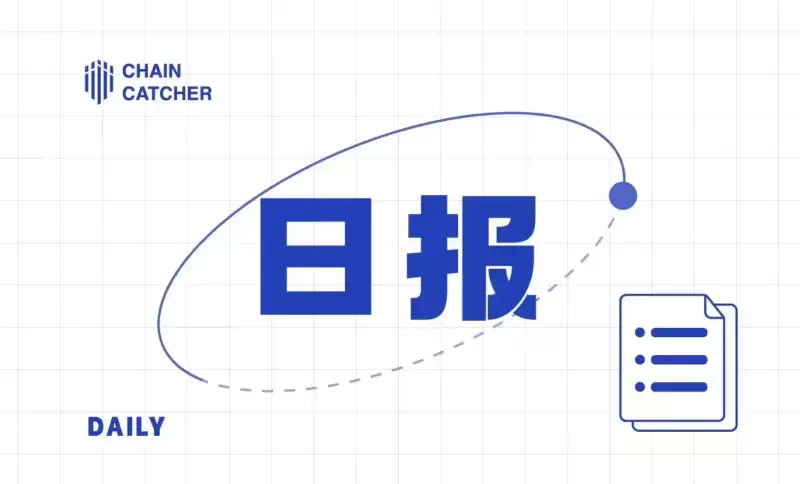 |
|
 |
|
 |
|
 |
|
 |
|
 |
|
 |
|
 |
|
 |
|
 |
|
 |
|
 |
|
 |
|
 |
|
 |
|
Cryptocurrency News Articles
Coinbase Now Operates the Ethereum Network's Largest Staking Service, and That Has Some People Worried
Mar 29, 2025 at 01:57 am
On March 19, the company revealed it controls over 11% of staked ETH, more than any other Ethereum node operator.

Coinbase is now the largest operator of the Ethereum network, and that has some people worried. On March 19, the company revealed it controls over 11% of staked ETH, more than any other Ethereum node operator.
According to Coinbase’s report, the company has 3.84 million ETH staked across 120,000 validators, which equals 11.42% of all staked ETH as of March 4.
“We’re creating a system where a few big players control most of the network. But that’s not what decentralization is about,” Sirdesai said.
For comparison, liquid staking protocol Lido holds around 9.4 million ETH, which is spread across many independent node operators, making it less of a centralization risk, as Sassano pointed out in a March 19 post on X.
Coinbase says it’s trying to keep things balanced. The company spreads its staking operations across five countries, uses multiple cloud providers and Ethereum clients, and monitors its network distribution regularly. “The health of the network is always a priority for us,” Coinbase stated.
But the issue could get even bigger if U.S. exchange-traded funds (ETFs) start staking ETH, something big asset managers like BlackRock are interested in.
Coinbase already holds ETH for eight of the nine U.S. spot Ether funds, which could push its influence even further. Some experts think this could lead to censorship risks.
“If too much ETH is controlled by regulated companies like Coinbase, they might have to follow government rules instead of protecting Ethereum’s freedom,” Temujin Louie, CEO of Wanchain, told Blockfolio Pulse.
Sirdesai agreed, adding that big staking providers will likely prioritize legal compliance over network decentralization.
“But these institutions don’t care about that. They’ll put all their efforts into maximizing their profits and following regulations.”
Meanwhile, U.S. regulators now allow banks to act as blockchain validators, meaning more big institutions could enter the staking game.
But Sirdesail thinks another company could be a bigger challenger to Coinbase in the staking market: Robinhood.
“They already have the tech, the users and the ability to move into staking quickly. They could actually compete with Coinbase better than any bank.”
Disclaimer:info@kdj.com
The information provided is not trading advice. kdj.com does not assume any responsibility for any investments made based on the information provided in this article. Cryptocurrencies are highly volatile and it is highly recommended that you invest with caution after thorough research!
If you believe that the content used on this website infringes your copyright, please contact us immediately (info@kdj.com) and we will delete it promptly.
-

-

-

-

-

- Organizer: Jerry, ChainCatcher
- Mar 31, 2025 at 08:45 pm
- Musk says the U.S. government has no plans to use Dogecoin
-

- The House of Doge, a new Dogecoin Foundation partner, announced they are holding a reserve of 10 million DOGE
- Mar 31, 2025 at 08:45 pm
- This can accompany blockchain payments to better position Dogecoin as a useful means of making daily payments. The reserve will act as a liquidity cushion for customers and store owners
-

- A Collection of 15,000 Historical Coins, Known as the Traveller Collection, is Set to Be Auctioned by Numismatica Ars Classica (NAC)
- Mar 31, 2025 at 08:40 pm
- A collection of 15,000 historical coins, known as the Traveller Collection, is set to be auctioned by Numismatica Ars Classica (NAC), with experts estimating its value at over $100 million
-

- UK-regulated crypto exchange Archax acquires U.S. broker-dealer Globacap to enter the booming institutional market
- Mar 31, 2025 at 08:40 pm
- Archax, a U.K.-regulated crypto exchange and custodian focusing on tokenized assets, has acquired a U.S. broker-dealer in an effort to enter the booming institutional market
-



























































